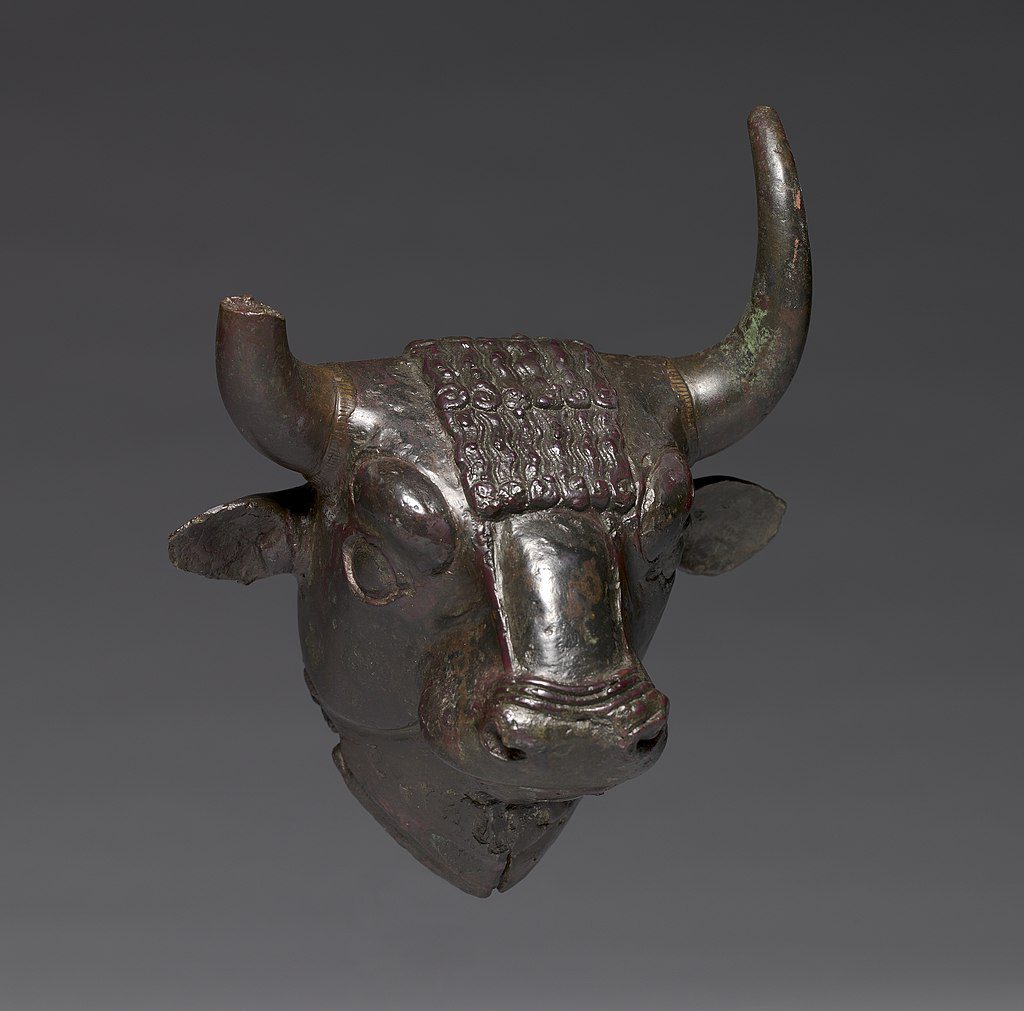We’re honored to publish Michael Hudson’s research on the origins of Ancient Near Eastern banking and finance, and the civilizations that emerged out of them in the Observatory.
If you haven’t raced to read it already, if the topic sounds a little out of your interest zone, think again. The systems of finance and banking that much of the world uses on come out of this period and region—and the history has not been properly pieced together until now.
Hudson’s synthesis of the ancient history of debt is priceless—whether your aspiration is to know the economic history of the West, to mildly reform, or perhaps even revolutionize the world around us. We made a guide to give you a starting point. Don’t let your lack of knowledge about the origins of debt stop you—there hasn’t been a mortgage loan officer, World Bank director, or Treasury Secretary who knew much about economics of the ancient past before Hudson started researching it either.
Hudson’s work joins that of other pioneering authors in the field of human prehistory, anthropology in the Observatory’s Human Bridges area. One of the best things to happen in US culture in decades is the growing popular interest in the ancient past. Naturally, for millions in the United States, the first stop on the education journey has picked up with the Roman republic and its descent into empire.
But a careful study of this phenomenon reveals that the surging interest in our past extends far deeper, all the way into human origins— chiefly it’s because we’ve reached a critical mass in archaeology and sciences that allows a deeper and fuller reach into an increasingly global data set about the human past.
In the case of Hudson’s research, we see the gradual development of a core economic thought matrix and social mechanisms that led us to today, and the alternative directions we could have taken along the way. Until recently, economic history before the European Renaissance was an interesting curiosity, but not something that economists or their critics factored into their research.
The news all around us carries the premise that new technological products will deliver humankind into a new era, solve our problems, point us to opportunities.
They just might. But it’s a more likely bet that the history we never had before in such vivid and useful detail—of the rise of early states over the past 10,000 years, and the six million years we spent getting to that point—will enable us to reconsider the ways we live today, and all the pointless suffering we inflict on each other because we thought we had to.
More to come!
—Jan Ritch-Frel and the rest of the editors building the Observatory.
Photo Credit: Cleveland Museum of Art / Wikimedia Commons
